#Goddess Artemis
Text

Apollo and Diana, an 1848 marble statue by American artist and sculptor Thomas Crawford.
This captures their essence quite well imo!
#artemis#goddess artemis#goddess diana#marble statue#marble sculpture#apollo#apollon deity#god apollo#greek gods#greek mythology#ancient greek#greek history#roman mythology#roman gods#roman history#rome#spqr#Thomas Crawford#Diana#theoi
366 notes
·
View notes
Text
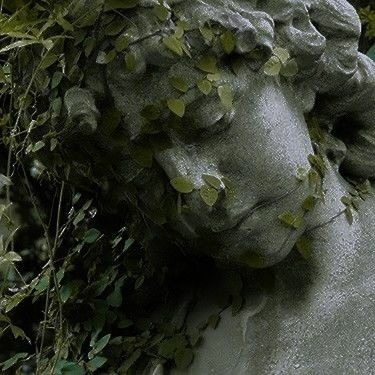



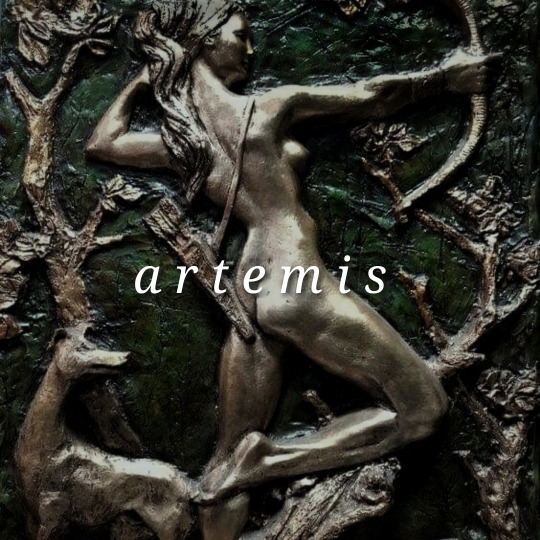


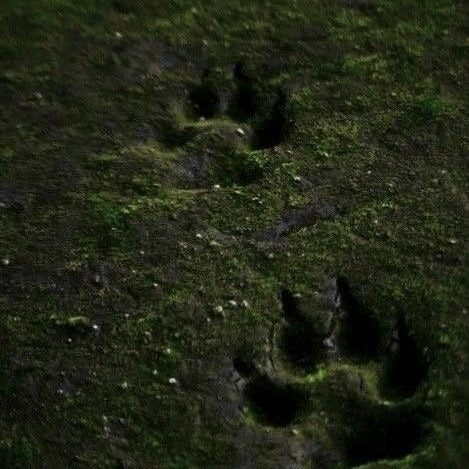

𝒂𝒓𝒕𝒆𝒎𝒊𝒔 ; 𝒈𝒐𝒅𝒅𝒆𝒔𝒔 𝒐𝒇 𝒕𝒉𝒆 𝒎𝒐𝒐𝒏, 𝒉𝒖𝒏𝒕, 𝒘𝒊𝒍𝒅 🏹🍃
[please reblog or like if you saved]
#artemis#goddess artemis#artemis goddess#greek god#greek gods#greek goddess#greek god aesthetic#greek god art#greek paganism#greek pagan#greek polytheism#greek polytheist#greek pantheon#greek myht#greek myth aesthetic#greek myth art#greek mythology#greek mythology aesthetic#greek mythology art#hellenism#hellenistic#hellenic paganism#hellenic pagan#hellenic polytheism#hellenic polythiest#hellenic pantheon#hellenic deities#hellenic gods#goddess of the moon#goddess of the hunt
455 notes
·
View notes
Text
Artemis Phosphorus (Bringer of Light) ✨️
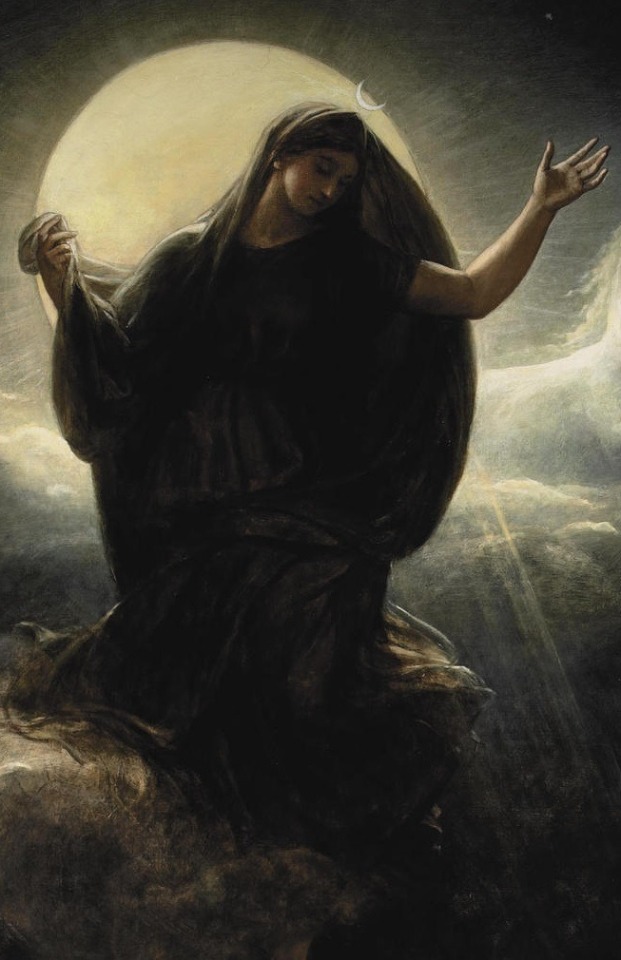
(Diana Awakening Apollo [1910] by Carl Bertling)
Callimachus refers to Artemis as “Queen” and asserts that when Artemis was a young girl sitting on her father Zeus’ knees, asking him to allow her to keep her maidenhood forever and receive her bow and arrows, she also asked him to be Phosphorus, or “Bringer of Light,” which became one of her many titles (Callimachus, Hymn 3.1). One of her most popular temples as “Bringer of Light” is at Messene in the sanctuary of Asclepius (Pausanias 4.31.10).
Zeus is more than delighted to give her all that she asks for: “three times ten cities and towers more than one live vouchsafe thee — three times ten cities that shall not note to glorify any other god but to glorify the only and be called of Artemis. And thou shall be Watcher over Streets and Harbors” (Callimachus, Hymn 3.28).
Thus, in addition to her being Phosphorus, she is also Enodia, “Protector of the Mariners.” Consequently, Artemis is not only “Saviour” through mercy — that is, people do not only pray to her for protection and peaceful death — but she is “Saviour” in a way that is omnipresent. As the “Bringer of Light,” her luminance literally saves ships, harbors, and all those who depend on these facilities to survive. In her role as Sôteira, Artemis inhabits the personal spaces of her community of worshipers.
As a goddess of mercy, she is invoked as Phôsphoros, meaning “Bringer of Light,” and she is often Hêmerasia or “She Who Soothes.” ... it is significant that her ritual worship expanded from “Huntress,” or goddess of wilderness, to the “Saviour” of her supplicants and the “Protector” of communities and cities.
- She Who Hunts: Artemis: The Goddess Who Changed the World by Carla Ionescu
#artemis#diana#Carla Ionescu#goddess artemis#artemis goddess#artemis devotion#artemis devotee#artemis deity#hellenic polytheism#hellenic pantheon#hellenic gods#hellenic community#hellenic pagan#hellenic paganism#hellenic polytheist#hellenic worship#goddess diana#diana goddess#diana deity
404 notes
·
View notes
Text
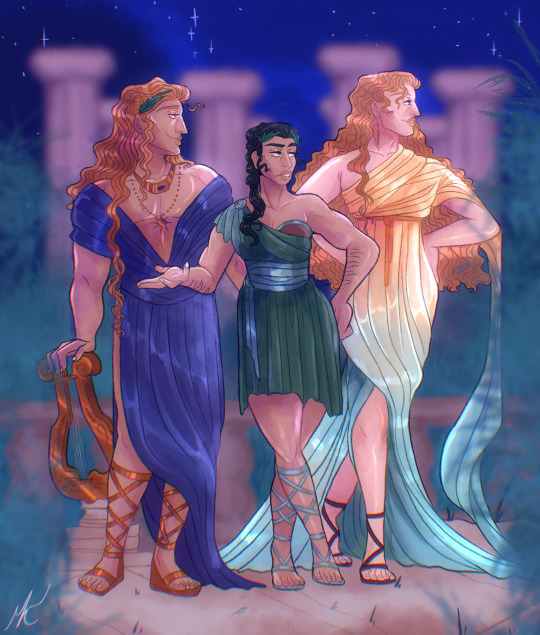
Leto with her children Apollo and Artemis ✨
#greek pantheon#greek mythology#greek mythology art#greek myth retellings#apollo deity#artemis apollo#apollo#apollon#phoebus apollo#artemis#goddess artemis#leto#leto goddess
819 notes
·
View notes
Text
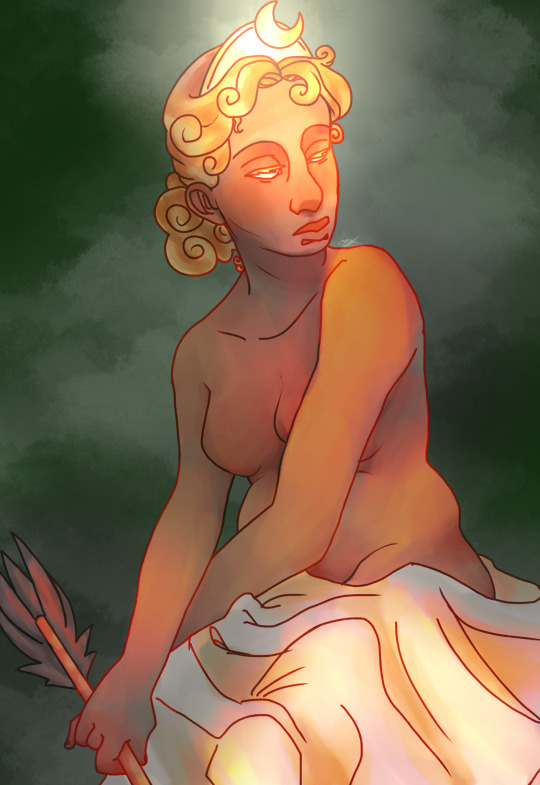
Artemis art for you 🤲
#hellenic polytheism#hellenic worship#hellenic art#artemis#goddessart#goddess artemis#hellenic paganism#hellenic gods
418 notes
·
View notes
Text

Diana of Versailles, marble statue of the Roman goddess Diana. Also known as Artemis, Goddess of the Hunt (Greek mythology). Photo by Margot Noyelle.
#mine#uploads#diana#goddess diana#artemis#goddess artemis#sculpture#roman mythology#greek mythology#the louvre#r
185 notes
·
View notes
Text
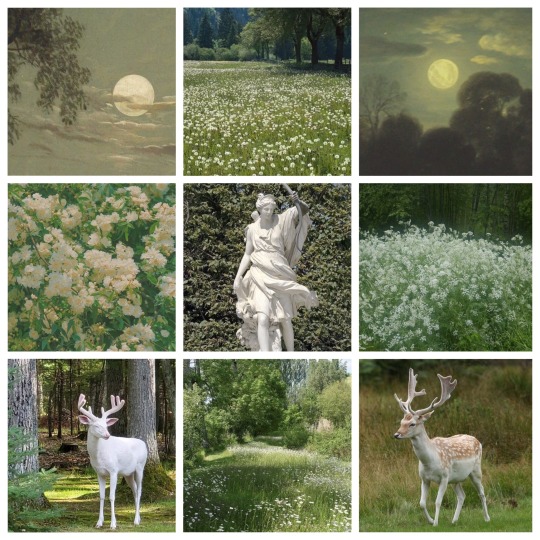
May Lady Artemis allow you to see the beauty in nature
#lady artemis#artemis#artemis worship#artemis deity#hellenic deities#hellenic gods#hellenic pantheon#hellenic polytheism#hellenic polytheist#hellenic polythiest#hellenic worship#hellenism#hellenic pagan#hellenic devotion#artemis devotee#goddess artemis#~e-offering~
206 notes
·
View notes
Text
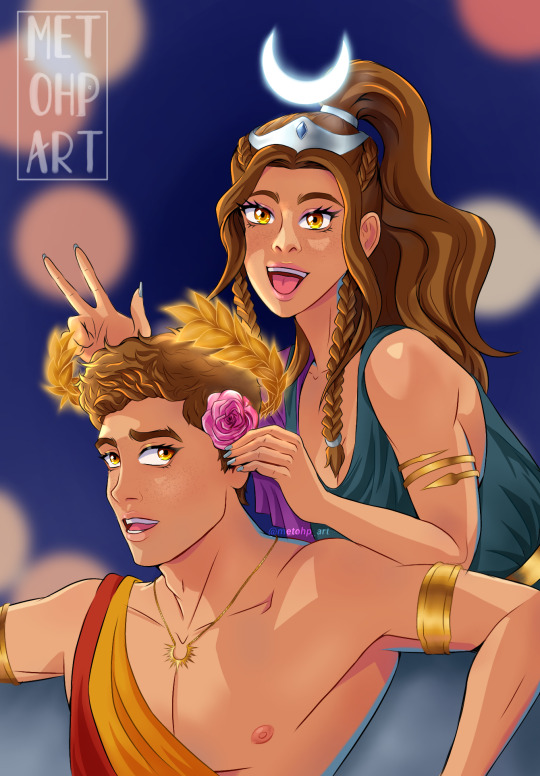
Artemis messing around with her twin brother Apollo at one of Olympus nights, she definitely took that rose from Aphrodite's hair
#metohpart#metohp art#digital art#artists on tumblr#art#dibujo#draw#arte#greek mythology#greek mythology fanart#apollo#artemis#apolo#artemisa#god apollo#goddess artemis#olympus#fanart#human artists#anime girl#anime boy#semirealistic anime#greek gods#dioses griegos#twin gods#my art
50 notes
·
View notes
Text
Theoi Info Sheets Series Part 6: Apollo & Artemis - The Divine Twins
"... but the opinion most universally received was, that Apollo, the son of Zeus and Leto, was born in the island of Delos, together with his sister Artemis; and the circumstances of [their] birth there are detailed in the Homeric hymn on Apollo, and in that of Callimachus on Delos."
- Comp. Apollod. i. 4. § 1; Hygin. Fab. 140.
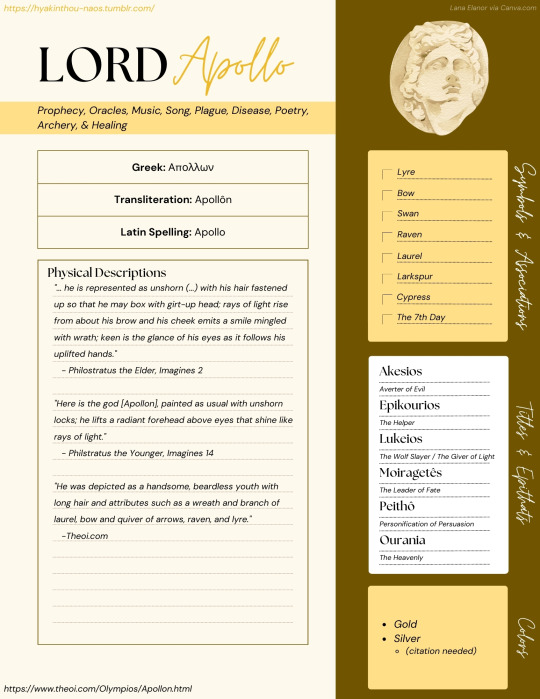
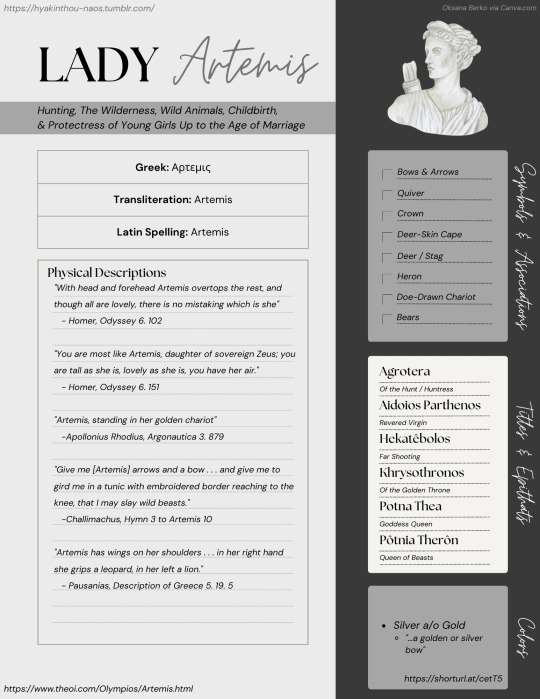
I would describe my relationship with The Divine Twins as... unbalanced.
I have never felt drawn or called to Lady Artemis; despite my love of deer, the woods, and the years I spent working in childcare - I have always felt that the doors of Her temple were closed to me. I personally feel that part of this lies in my transgender identity; this is not to say that transmen or men in general cannot worship Artemis - I've seen quite a few transmen on Tumblr who are joyous devotees to Her. But personally, I have always felt distanced from Artemis.
I do feel as though Artemis tried to call to me when I was young, but I did not feel aligned with Her energies or drawn to Her domains. Then, when I transitioned, I got the sense that Artemis felt betrayed; like She had laid claim to me and was waiting for me to join Her retinue - but instead I left womanhood behind and She felt personally insulted.
I say all of this, not in any way to disrespect Lady Artemis - or to say my experience is indicative of her energy and character towards other devotees. I simply say all of this to share my experience.
On the reverse - Lord Apollo is my patron deity. There is no God or entity that I hold in higher regard. I feel as though Lord Apollo has been quietly waiting for me all my life, almost as if He knew my destiny lied in being his devotee but He wanted me to come to Him on my own.
That isn't to say he hasn't been present in my life before my journey into Hellenic Polytheism - but I do believe He has let the muses guide me rather than His own hand. I felt Kleio enter my life in middle school when I first began writing poetry, and Gods - Euterpe and Melpomene have been with me since I began writing music in the second grade. Ouranie entered my life later, moreso in college when astrology became a larger part of my life and personal practice. But now I've gone off on a tangent, haha.
I've written about Lord Apollo in many other posts on my blog - so feel free to check the Lord Apollo tag if you'd like to read more about my relationship and devotion to him.
*You may have seen this info sheet before on thewitchfarhan.tumblr.com - that is my old Tumblr. These info sheets are my own creation - please do not repost without credit.
#Theoi Info Sheets Series#Theoi Info Sheets#The Temple of Hyacinthus#Apollo#Lord Apollo#God Apollo#Apollo Deity#Artemis#Lady Artemis#Goddess Artemis#Artemis Deity
18 notes
·
View notes
Text
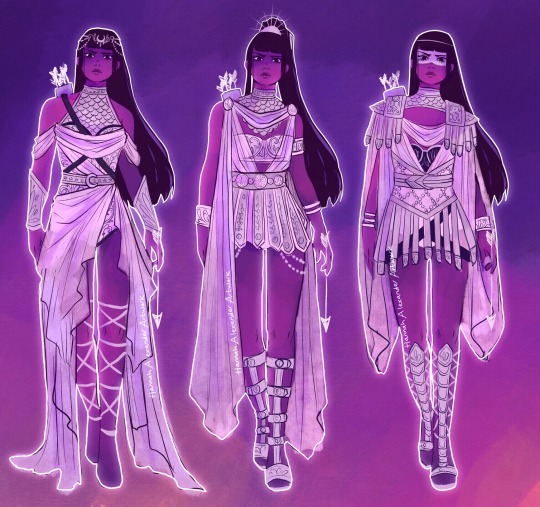
Things I dislike: Lore Olympus.
Things I like: This fan depiction of Artemis from Lore Olympus.
The sauce is Artist Hannah Alexander on X… This is an amazing work so please show them some love!

#artemis#ancient greece#greek mythology#greek gods#lore olympus#ancient rome#roman gods#roman mythology#goddess diana#goddess artemis#theoi
85 notes
·
View notes
Text



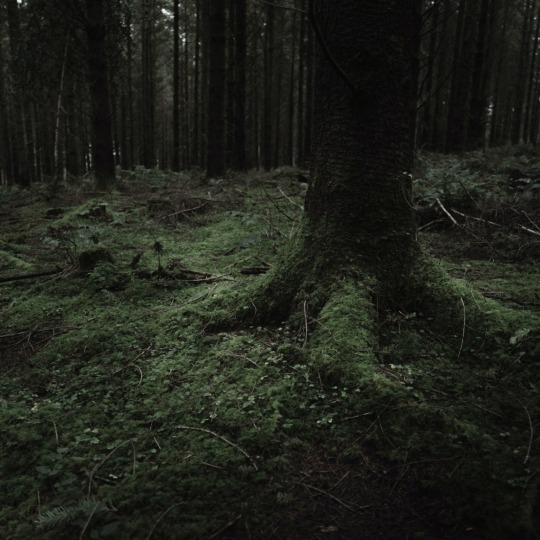





𝒂𝒓𝒕𝒆𝒎𝒊𝒔 ; 𝒈𝒐𝒅𝒅𝒆𝒔𝒔 𝒐𝒇 𝒕𝒉𝒆 𝒎𝒐𝒐𝒏, 𝒉𝒖𝒏𝒕, 𝒘𝒊𝒍𝒅 🏹🌙
[please reblog or like if you saved]
#artemis#goddess artemis#artemis goddess#greek gods#greek god aesthetic#greek god art#greek goddess#greek aesthetic#greek art#greek polytheism#greek myth#greek myth aesthetic#greek myth art#greek mythology#greek mythology aesthetic#greek mythology art#greek pantheon#greek deity#hellenic paganism#hellenic pagan#hellenic polytheism#hellenic polythiest#witch#witchcraft#pagan witch#goddess of the moon#goddess of the hunt#pagan aesthetic#pagan art#artemis aesthetic
372 notes
·
View notes
Text
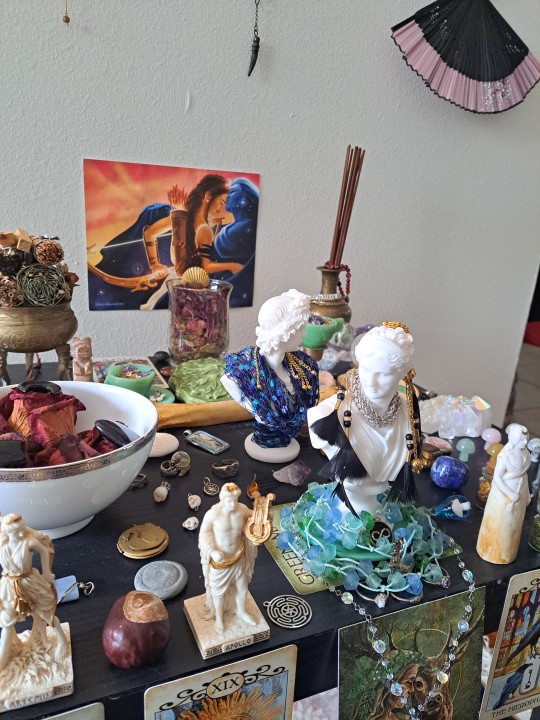
I'm always so in love with people's altar spaces so here's mine for Artemis Potnia Theron! 🌙🏹🦌
#artemis#artemis vibes#artemis deity#goddess artemis#artemis devotee#artemis art#artemis altar#altar#hellenism#hellenic pantheon#hellenic polytheism#hellenic gods#hellenic community#deity work#deity worship#deity witchcraft
468 notes
·
View notes
Text
Consider the myths which surround this revelation. We believe a woman is naturally modest, ashamed of her own body, afraid by nature to reveal her flesh. And on the other hand, we believe the sight of this flesh has a transformative effect on the mind of a man. That if a woman shows a bit of her legs, or her shoulder, or even leans over so that a man may see where her breasts meet, that a man will be overcome with desire for her, and compelled almost, by this sight, to rape her. (A judge in Utah, for instance, overturned a jury's verdict of guilty against a rapist because his victim was "flimsily dressed." Thus behind female modesty there lurks the shape of an awesome female power.
For if a woman by her beauty can make a man into a rapist, she can also transform him in other ways. Her overwhelming seductive powers can lead him into the world of flesh and the devil. Desiring her, he forgets his soul. He moves into eternal perdition. And in this eternal perdition, he loses the eternal life of his spirit. The full weight of an earthly mortality falls upon his consciousness.
But we can read in this religious scenario another language and another range of meanings, which belong to the life of the psyche. When a woman's beauty brings a man into the realm of the material, he must live in his body. He must know himself as matter. Therefore, he must give up the illusion that his mind controls his body, or that culture controls nature. Rather, inside the experience of sexual knowledge, he learns that culture and nature, meaning and love, spirit and matter, are one. And in this he loses the illusion that culture has given him against the knowledge of the vulnerability of his own flesh.
And now if we move from the language of the psyche back to mythology, we can read myth in a new light. We have a new understanding, for example, of the story of Actaeon. We see him enter the forest looking for animal prey. He is the controller of nature; he is the hunter. But by accident, or we might say through fate, by the natural occurrence of circumstances, he comes upon the goddess Diana as she is bathing in a pool. We know that he is stunned by her beauty. And we also know that this moment of beauty will lead to his death. For the beautiful goddess will reach her hand into the water (a pool in which, like Narcissus, he must be able to see his own reflection), she will splash his face with this watery face, and he will turn into an animal. Now we know the rest of his story. As a stag, he runs through the forest. But the scent of his animal body is detected by his own hunting dogs. And thus these animals, which were his own (and which belonged to his psyche), will now tear him to pieces.
The idea that the sight of a woman's body calls a man back to his own animal nature, and that this animal nature soon destroys him, reverberates throughout culture. We find it in the most ancient sources. In the Biblical story of creation, we discover Eve, who has spoken with a serpent, seducing Adam into eating an apple, the forbidden fruit of knowledge. Through this seduction, the commentators tell us, "Eve brought death into the world."
-Susan Griffin, Pornography and Silence: Culture’s Revenge Against Nature
#susan griffin#misogyny#goddess diana#goddess artemis#actaeon#adam and eve#female oppression#male fragility
36 notes
·
View notes
Text
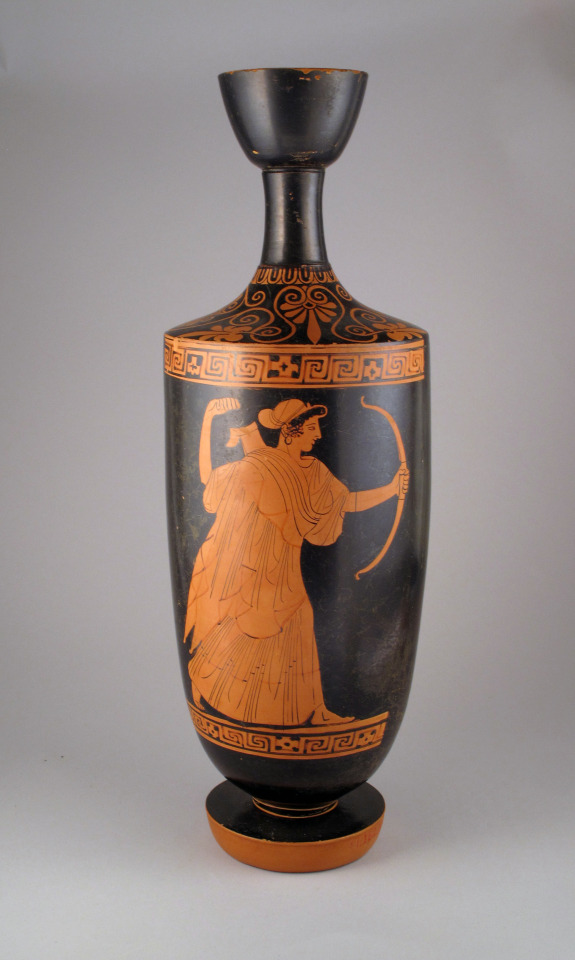
The goddess Artemis, wielding her bow and quiver of arrows. Attic red-figure lekythos, attributed to the Carlsruhe Painter; 450s BCE. Now in the Metropolitan Museum of Art.
#classics#tagamemnon#Ancient Greece#Classical Greece#classical mythology#Greek religion#Ancient Greek religion#Hellenic polytheism#Artemis#Goddess Artemis#art#art history#ancient art#Greek art#Ancient Greek art#Classical Greek art#vase painting#red-figure#lekythos#Carlsruhe Painter#Metropolitan Museum of Art
876 notes
·
View notes
Text
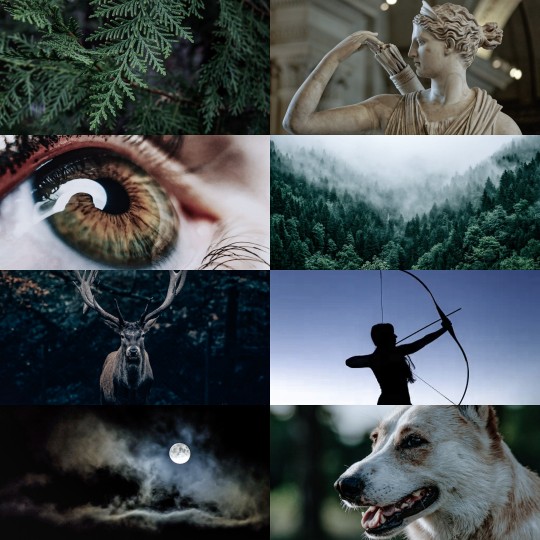
Greek mythology : Artemis - Goddess of Moon, the Hunt & The Wild, Protector of young children and women
#moodboard#artemis#artemis moodboard#greek mythology#mythology#moon#arrows and bow#moon woman#forest#goddess artemis#goddess of the moon#goddness of the wild#goddess of the hunt
45 notes
·
View notes
Text
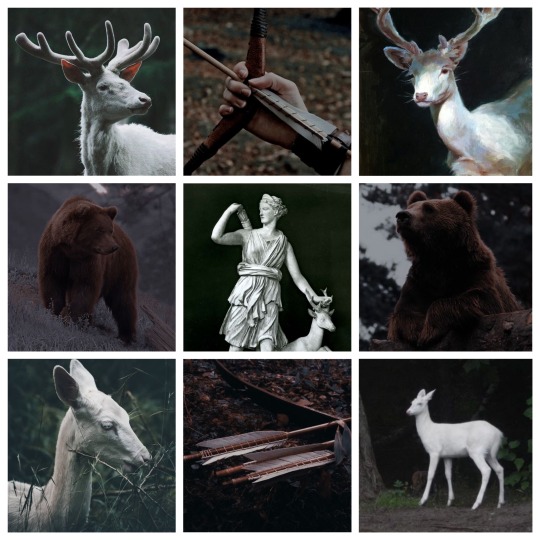
For Lady Artemis, for Thargelia
#~e offering~#lady artemis#artemis#artemis worship#artemis deity#hellenic deities#hellenic gods#hellenic pantheon#hellenic polytheism#hellenic polytheist#hellenic polythiest#thargelia#hellenic devotion#hellenic pagan#hellenism#hellenic worship#hellenic devotees#hellenic polytheistic#artemis devotee#goddess artemis
88 notes
·
View notes